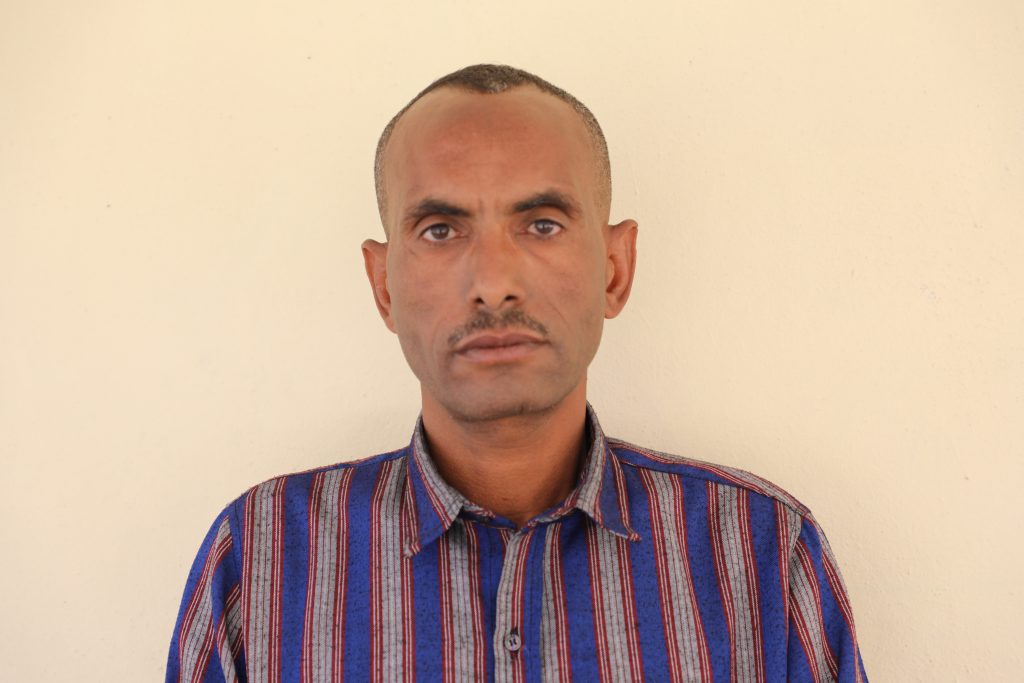Department of Physics
- Home
- :: Academics :: :: Colleges :: :: College of Natural and Computational Sciences ::
- Department of Physics

Contact Information
Name: Mehari Gebretsadik (Lecturer)
Position: Head, Department of Physics, CNCS,
Address: Block 52 | Room 7, Adigrat University Main Campus
P.O. Box: 50, Adigrat University
Mobile: +251 914253261
Phone: +251 348 870 000
Email: mehari.gebretsadik@adu.edu.et
Alternative Email: maharigebretsadik@gmail.com
Department of Physics
Department of Physics is located in Adigrat University, College of Natural and Computational Sciences (CNCS), deals with old which is classical physics, and new which is called modern physics; Classical Physics includes the motion of macro objects and Quantum physics is the study of matter and energy at the most fundamental level. It aims to explain the properties and behaviors of the very building blocks of nature. While many quantum experiments examine very small objects, such as electrons and photons, in quantum mechanics, energy is discrete or quantized. The Department of Physics has more than 15 well-qualified and trained staff members performing their duties in their best capacity. Among these, 1 associate professor, 2 Ph.D. holders, 5 Assistant professors, 7 Lecturers, and 4 are on study leave in the country and abroad attending their PhD program. Currently, the department actively embraces 2 PhD holders (1 associate professor and 1 assistant professor), 4 assistant professors at the MSc level, 7 Lecturers, and 3 technical assistants capable of running the Program of physics department.
Vision
- The Department of Physics strives to be a center of excellence in producing competent and high-level professionals who play critical roles in the research, industry, and education sectors.
Mission
- The mission of the Department of Physics is to serve the community and the nation at large both in research and teaching. To produce physicists who create job opportunities by applying the acquired knowledge and skills.
Strategic Goals and Initiatives
Strategic Initiatives
Our Department’s Strategic Initiatives lead and coordinate institutional efforts to achieve Adigrat University’s bold vision to become “…one of the most proficient, innovative, and enlightened academic and research universities.
Strategic Goals
Goal 1. Increasing student engagement and promoting the exposure of physics in astrophysics, astronomy, space science, Nuclear physics, Medical physics, metrology, Geophysics, nano-science, solid-state physics and electronics
Goal2. Strengthen academic quality by doing experiments and fieldwork.
Goal3. Enhance research and community services
Goal1. Increasing Student Engagement and promote student success
Student engagement is the foundation of student learning. When students are inspired to actively participate, they broaden their perspectives and explore their full potential. Through transformative and intentional experiences, students have the opportunity to examine new ideas, think critically, and develop essential skills. When students are fully and actively engaging, they become proud, well-rounded citizens of the University community, now and in the future.
Goal 2. Strengthen academic quality
- Create flexible learning spaces such as peer work discussion rooms and laboratories.
- Plan and Conduct analysis on education quality assurance & relevance;
- Inviting and preparing workshops with international institutions, and also for scholarship
- Establish local, national, and international links and collaboration for research, community service, and training (short and long terms)
- Preparing guidelines for an academic advisory system for students
- Proposing improvement plans based on quality assessment recommendations in collaboration with instructors
- Offering updated pedagogical and other professional training to faculty members/ staff on learning-teaching quality care;
- Arranging smart classroom and laboratory rooms
Goal 3. Enhance research and community services
- Identifying and organizing research and community services thematic area
- Arranging directives to help nearby schools
- Researching new emerging technologies like Nano-technology, sustainable energy sources, and engaging in space science society.
Academic programs
The department delivers both undergraduate (regular and summer) and postgraduate (regular) degrees.